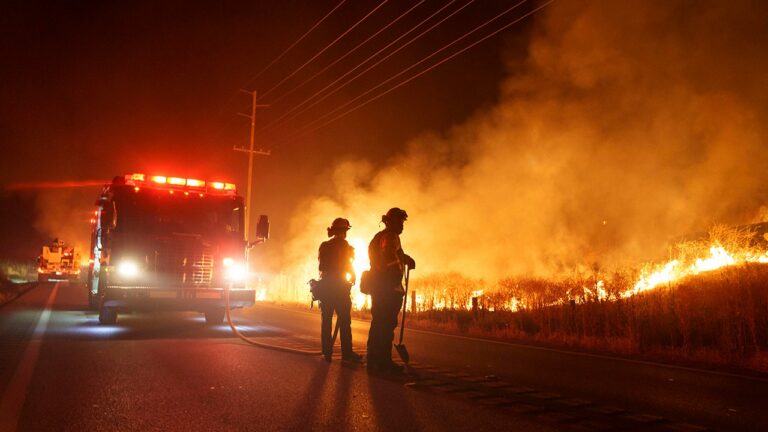Scientist Confesses to Shaping Climate Change Research for Prestigious Journals
In a surprising revelation, California scientist Patrick T. Brown has come clean about altering his climate change research to ensure it gets published in esteemed scientific journals. Brown, a lecturer specializing in earth and climate sciences at Johns Hopkins University, made this confession through an online article on The Free Press, a blog post, and several social media updates.
Editorial Preferences Influence Science Journals
Brown admitted that he adjusted his study to match the preferences of prestigious journals such as Nature and Science. He claimed that these journals tend to favor climate-related research that supports specific viewpoints, even if it means sacrificing a thorough understanding of the subject for more captivating headlines.
Wildfires and Climate Change
Brown’s research, initially published in Nature on August 30, asserted that climate change had a significant impact on extreme wildfires, particularly in places like California and Maui. However, he now acknowledges that he focused narrowly, looking solely at human contributions to wildfires while ignoring other pertinent factors.
Pressure to Publish
Brown pointed to the intense pressure scientists face to get their studies published in top-tier journals and craft attention-grabbing summaries that turn into headlines. This pressure, he argued, led him to leave out crucial elements such as poor forest management from his research.
The Consequences of Bias
The scientist expressed worry that bias in climate science can mislead the public and hinder practical solutions. He argued that emphasizing problems over researching solutions may lead to more headline-worthy abstracts but ultimately diminishes the usefulness of high-profile research to society.
Political Reaction
California Assembly leader James Gallagher, a Republican, criticized liberals for selectively using data to support their agenda. He suggested that climate change is being used as an excuse to avoid responsibility for inadequate forest management.
A Call for Thorough Research
Gallagher and other California Republicans stressed the need to consider all factors contributing to massive wildfires, including climate change. They called for a more comprehensive approach that takes into account forest health and fuel load.
In Conclusion
Patrick T. Brown’s admission highlights the challenges scientists face in balancing scientific rigor with the pressure to publish in esteemed journals. It also underscores the significance of unbiased, comprehensive research in addressing pressing issues like climate change and wildfires.

